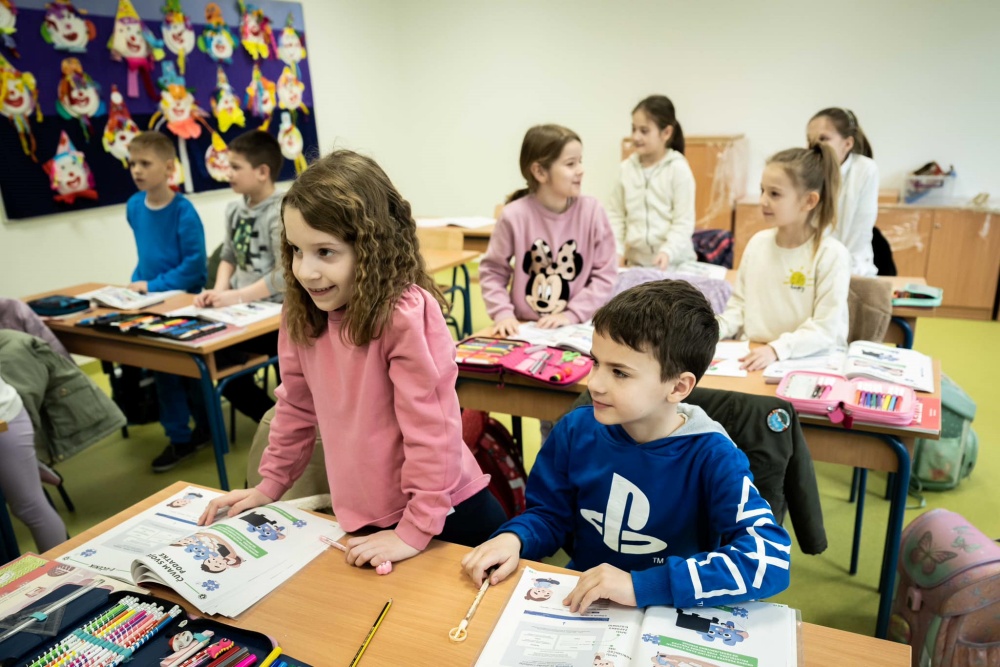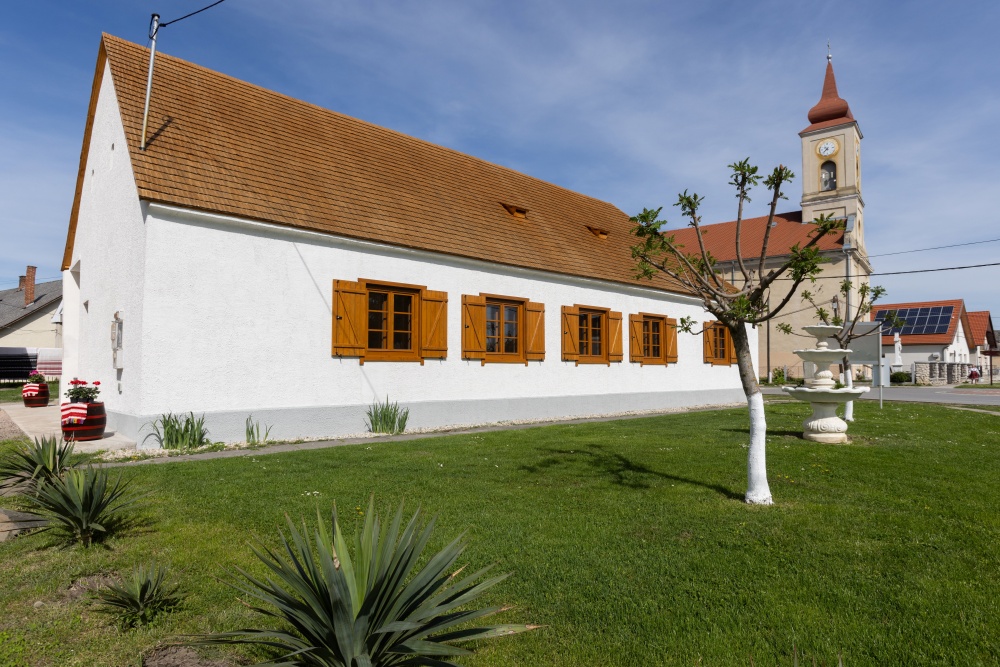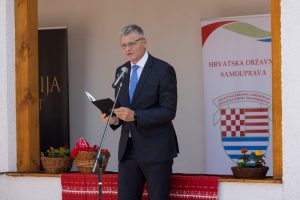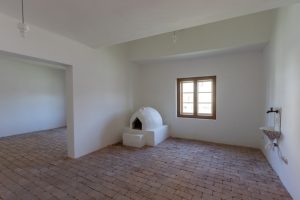
The government provided funding for the renovation of two schools and a church.Continue reading

The Drava Valley House of Traditions, a Croatian ethnic museum and village hall, was inaugurated in Felsőszentmárton (southwestern Hungary) on Sunday.
Miklós Soltész, Minister of State for Relations with the Church and Ethnic Communities, stressed at the event that value can be created and development can be achieved when there is peace and tranquillity, and this is also true for relations between nations and within the community. “I would urge everyone in Felsőszentmárton, Barcs (border village in southwestern Hungary) and elsewhere to pay attention in the coming weeks and months to those who want peace within a community or country and those who are overturning it,” he added.

Miklós Soltész. Photo: MTI/Ruprech Judit
In his opinion, the achievements that have been made in recent years must be appreciated, and this can only continue if people are at peace with each other in the coming period.
In his speech, quoting Zoltán Kodály (Hungarian composer and ethnomusicologist), he also noted that culture cannot be inherited, and that the culture of the ancestors will “evaporate” if each generation does not acquire it again and again.
He said that
Felsőszentmárton, on the banks of the Drava river, is a reminder of the history of Hungary and Croatia,
because it has suffered the Turkish wars, Trianon, which meant that the farmers here could not cultivate their land on the other side of the Drava, and the period of communism, which tried to create hostility between Hungarians and Croats. “But here there is the possibility of a new start, of acquiring culture again and again, and that is what characterizes the Croatian community,” he said.
The Minister of State recalled that in recent years, several developments affecting the Croatian nationality have been carried out in Hungary: country houses, cultural centers, theaters, cultural spaces, schools, churches have been renovated or built.
János Gugán, president of the National Croatian Self-Government, told MTI that the House of Traditions in the village was made possible by the renovation of a dilapidated building that had been empty for decades.

Iván Gugán. Photo: MTI/Ruprech Judit
Thanks to the HUF 120 million (EUR 308,000) investment, of which HUF 70 million (EUR 180,000) was funded by the government,
the building can now serve as a village hall and a museum of Croatian folk costumes and old utensils that young people can nowadays see almost only in pictures or films,
he added.

Photo: MTI/Ruprech Judit
As he said, ten years ago, the municipality bought the newly renovated building, together with the community center and the sports hall, to create a cultural and sports center and organize programs for the Croatian community in Felsőszentmárton and the surrounding area, in cooperation with local authorities and NGOs.
Via MTI, Featured image: MTI/Ruprech Judit